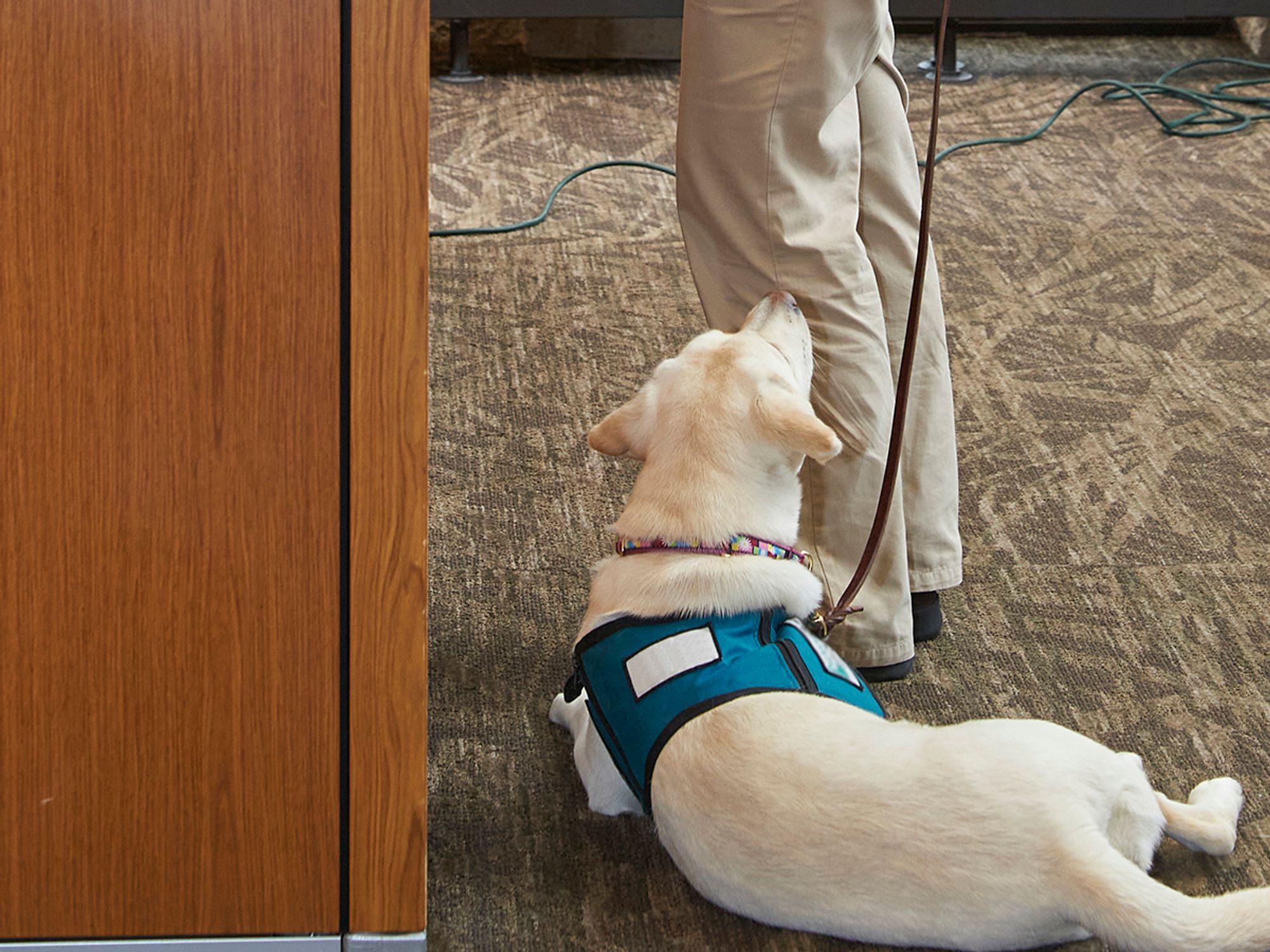Hiring considerations

- Employers must know how the ADA applies to hiring considerations.
- Applicants with disabilities must be able to perform a job’s essential functions.
- The ADA does not give hiring preference to individuals with disabilities.
The ADA does not prohibit employers from ensuring that they have a workforce that can perform the jobs well and safely. An applicant with a disability, like all other applicants, must be able to meet the job requirements, such as:
- Education,
- Training,
- Employment experience,
- Skills, and
- Licenses.
In addition, applicants with disabilities must be able to perform the essential functions, or fundamental duties, of the job, either on their own or with the help of reasonable accommodation. Employers do not, however, have to provide a reasonable accommodation that will cause undue hardship, which is generally a significant difficulty or expense.
The ADA does not give hiring preference to individuals with disabilities. Employers do not have to hire an individual who is unable to perform all the essential functions of the job, even with reasonable accommodation. Employers may not, however, reject individuals because:
- Their disability prevents them from performing only duties that are not essential to the job, or
- They would need a reasonable accommodation to perform the essential functions.
Basically, employers need to provide an equal opportunity, not a greater than equal or special opportunity.
Job descriptions can help. While developing and maintaining job descriptions is not mandated by the ADA, written job descriptions that are prepared before advertising or interviewing applicants for a job will be considered as evidence, along with other relevant factors in determining the essential function of a job.
